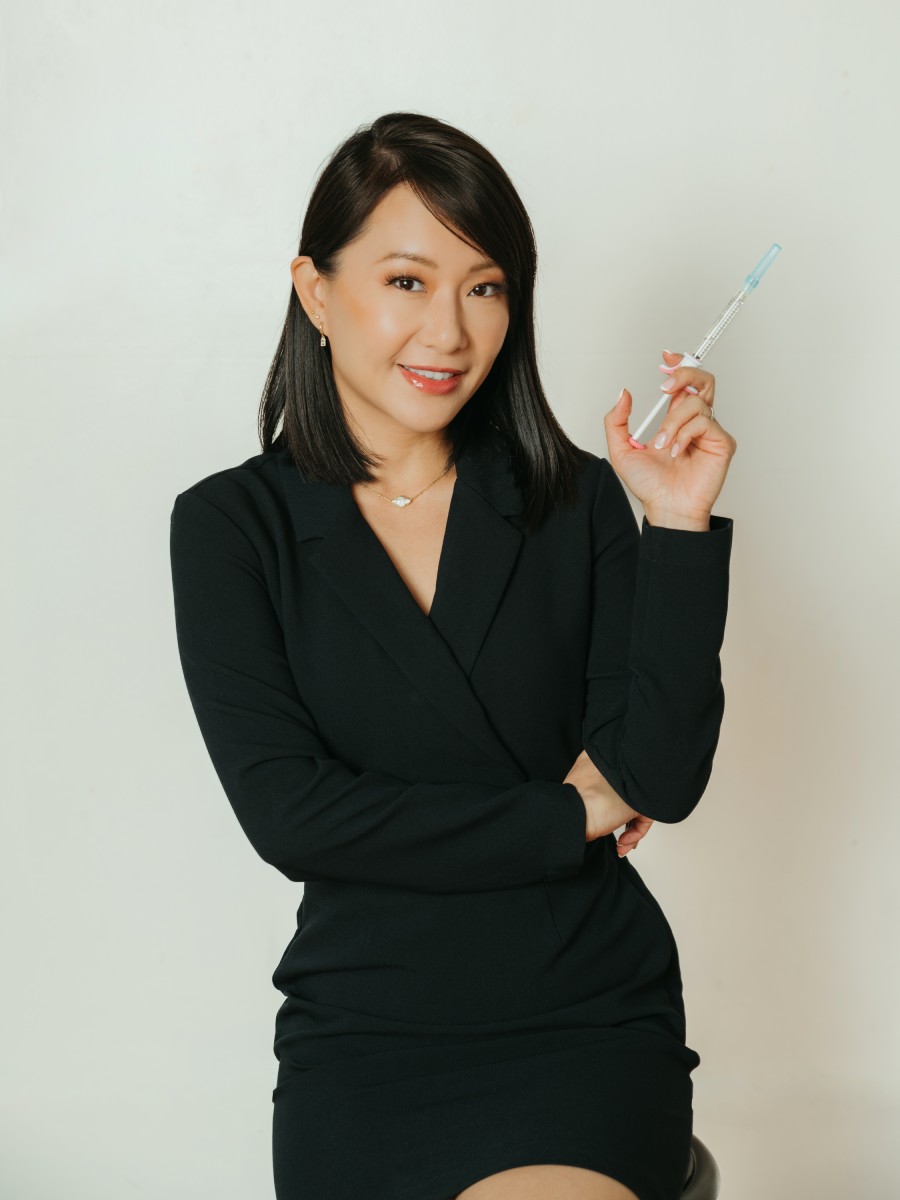Skin Whitening
Skin whitening refers to the use of products to lighten skin tone and reduce pigmentation.
Skin Whitening: A Deep Dive into K-Beauty and Skincare Cosmetics
Discover the world of skin whitening, a beauty practice with deep roots in various cultures and an essential aspect of Korean Beauty (K-Beauty). The desire for a lighter skin tone has led to an expansive market of products and treatments aimed at achieving a brighter complexion. From creams to serums, this phenomenon is not just about aesthetics; it encapsulates history, cultural significance, and technological advancements.
Understanding Skin Whitening
Skin whitening products are formulated to reduce melanin concentration in the skin, leading to a lighter appearance. These can include topical creams, gels, or serums containing active ingredients such as hydroquinone, kojic acid, arbutin, and vitamin C. It’s important to differentiate between safe skin lightening practices and those that can be harmful or unethical.
The Role of Melanin
Melanin is the pigment responsible for the coloration of our skin, hair, and eyes. Its production can increase due to sun exposure or other factors causing hyperpigmentation. Skin whitening aims at regulating melanin synthesis to even out skin tone and treat specific conditions like melasma or age spots.
K-Beauty Influence on Skin Whitening
Korean beauty standards often favor a pale, ‘glass’ skin aesthetic—a term describing a clear, luminous complexion. K-Beauty has pioneered many trends in skin care, including innovative ingredients and regimens dedicated to brighten skin. K-Beauty’s approach emphasizes gentle formulations that provide gradual results without compromising skin’s health.
Ingredients Found in K-Beauty Whitening Products
Several key ingredients are popular within K-beauty products for their effectiveness in fading dark spots and enhancing overall radiance:
- Niacinamide: Known for its ability to improve texture and diminish hyperpigmentation.
- Licorice Root Extract: Contains glabridin which helps disperse melanin.
- Ginseng: Renowned for its anti-inflammatory properties that can brighten dull complexions.
The Ethical Perspective
While discussing skin whitening practices within beauty trends like K-beauty is essential, it’s crucial also to address ethical considerations. In some regions, there have been concerns over the promotion of lighter skin tones equating to beauty ideals that could perpetuate negative stereotypes or colorism. Thus, brands must approach product formulation and marketing cautiously—prioritizing inclusivity while delivering results sought by consumers.
Conclusion on Safety and Regulations
As consumer awareness increases regarding what they apply on their bodies, regulatory agencies worldwide are scrutinizing these products more closely. Ingredients once widely used are now banned or restricted due to potential health risks—emphasizing safety over quick fixes.

